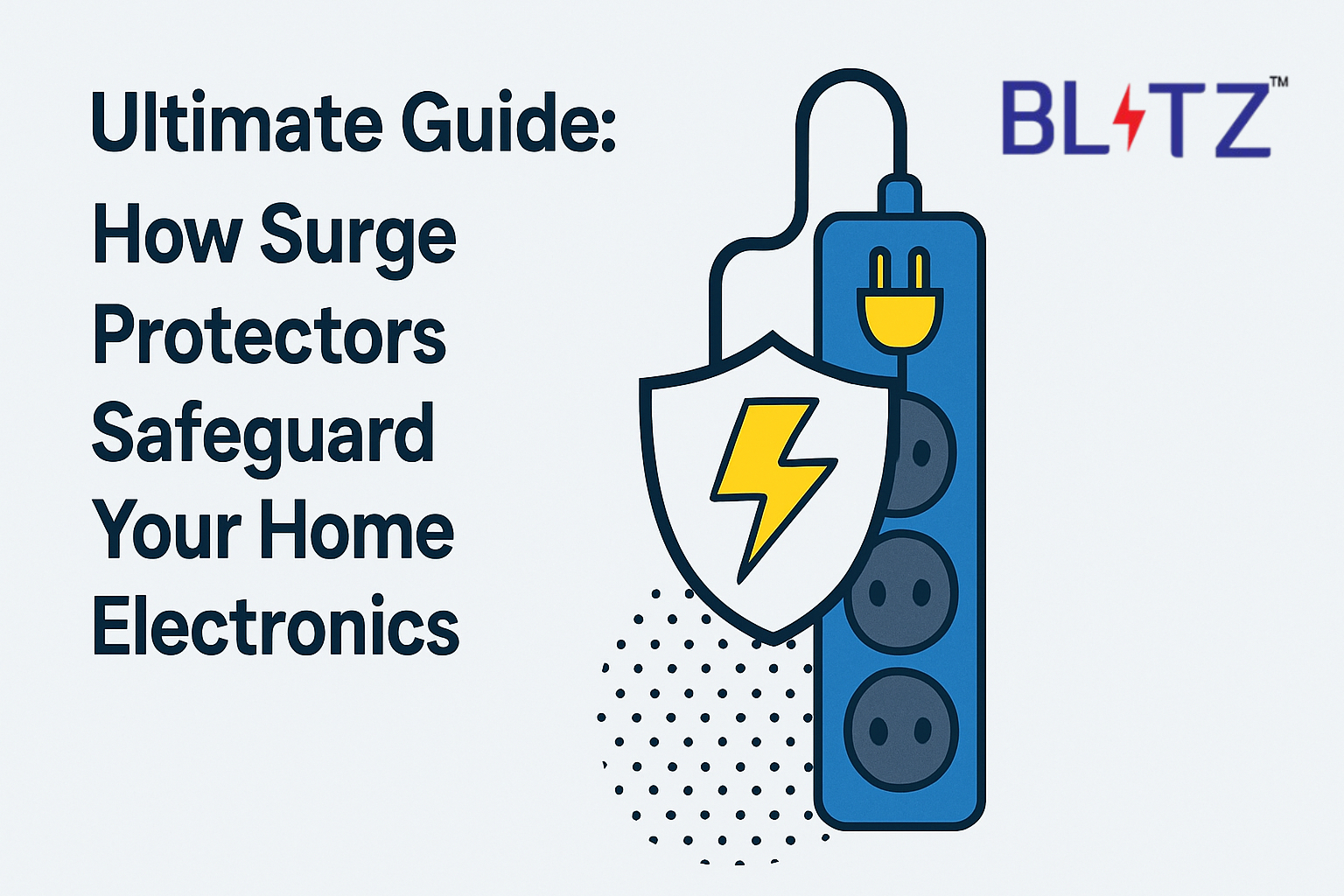
Types of Fuses and Where to Use Them in Your Home
When it comes to home electrical safety, fuses are the silent heroes. They are designed to keep your wiring and appliances safe from dangerous overloads..
Types of Fuses and Where to Use Them in Your Home
When it comes to home electrical safety, fuses are the silent heroes. They are designed to keep your wiring and appliances safe from dangerous overloads. If you are asking, "what types of electrical fuses do I use in my home and where do I use them in my home wiring?" this is the article for you.
Understanding the correct fuse not only helps keep your home and family from an electrical fire, the respective devices you may choose to use will work in a safe and effective manner.
1.Cartridge Fuses - Strong and Durable
Cartridge fuses are one of the more commonly used fuses found in home electrical systems, especially for high voltage protection. These are a type of cylindrical fuse rated for use with higher voltage appliances like a hot water heater, air conditioning unit and the actual main panel.
If you are looking to install a fuse for home appliances, like a larger refrigerator or HVAC, these are the types of fuses to use. Cartridge fuses are designed to handle high amperage, and there are instantaneous or fast-blow and time delay fuses depending on the sensitivity of the appliance.
2. Plug Fuses - How We Used to Protect a Home
Plug fuses are more typically found in older homes that have fuse panels rather than breaker boxes. Plug fuses look similar to a light bulb and screw into a light socket. Plug fuses generally protect basic home wiring for lighting or outlet circuits.
Although many houses have switched over to breakers, plug fuses are found in some homes that are vintage or rural. Correct amperage of plug fuse is important in order to prevent overheating or possible fire, as plug fuses generally come in 15, 20 or 30 amps.
If you live in an "older" house and aren't sure whether you have the correct fuse, you may wish to ask an electrician if there are limitations to the type of fuse for your home.
3. Blade-Type Fuses - Small and Smart
Blade-type fuses were originally designed for automotive use, and have become popular in smart homes primarily with low voltage applications. For example, blade-type fuses can be found in home automation systems, control boxes, and security systems.
Blade fuses are easy to install and are color-coded to identify amperage. They are great for protecting delicate electronic components from surging. If you are in the process of developing a tech-oriented home, blade fuses could be a great low-profile, effective solution!
4. Resettable Fuses – New and Convenient
Resettable fuses, or PTC (Positive Temperature Coefficient) fuses, make great fuses for modern devices in everyday gadgets. These are used in devices such as routers, TVs, and kitchen and other appliances.
What makes them special? It stops current from flowing when there is a current overload and when the conditions are safe it resets itself. It provides an important layer of protection for sensitive household electronics so you don't have to worry about replacing it if something bad happens.
If you're investing in high-tech equipment, using resettable fuses in your home is a great investment in the future.
5. Thermal Fuses – Temperature Based
Thermal fuses don't respond to electrical current; they respond to temperature. These fuses are widely used in appliances such as toasters, dryers, coffee makers and hairdryers; all devices that generate a lot of heat.
A thermal fuse is used as a final option. If the appliance were to overheat it melts the small piece of wire that acts as a barrier to the flow of electricity. It is a one-use fuse so if it trips, it needs to be replaced.
In any heating measure, a thermal fuse is a great update for home safety - period.
Selecting the Appropriate Fuse for Residential Use
Understanding the variety of fuses commonly found in home electrical systems is one thing but it is equally important to select the appropriate fuse for your own purposes.
Here are some quick reminders:
- Make sure the amperage matches your circuit. Overrating can be dangerous
- For appliances with motors such as washing machines, make sure you replace normal fuses with time-delay fuses.
- Fast-blow fuses work great for electronics/sensitive lighting circuits.
- Ensure your voltage rating matches or exceeds your home supply.
After selecting the correct fuse for home appliances or circuits, not only does safety increase but lifespan increases just by having a fuse be used.
| Type of Fuse | Common Uses |
|---|---|
| Cartridge Fuse | Main panels, air conditioners, water heaters, heavy appliances |
| Plug Fuse | Lighting circuits, outlet protection, older home wiring |
| Blade-Type Fuse | Low-voltage systems, smart home controls, automation panels |
| Resettable Fuse (PTC) | Routers, smart TVs, kitchen gadgets, electronic devices |
| Thermal Fuse | Toasters, dryers, coffee makers, heat-sensitive appliances |
Conclusion
Every home needs reliable protection, and fuses can provide that for your electrical systems simply and effectively. Whether you have cartridge fuses in your main panel or thermal fuses eaten by your kids in the kitchen, they all serve a purpose.
As our homes become "smarter" and more connected to the world around us, knowing where to use fuses in your home wiring becomes even more important. So, the next time you are presenting an electrical project plan, be sure, that you are also outlining the correct type of fuse-this is what protects your home and what you value most.
Frequently asked questions


